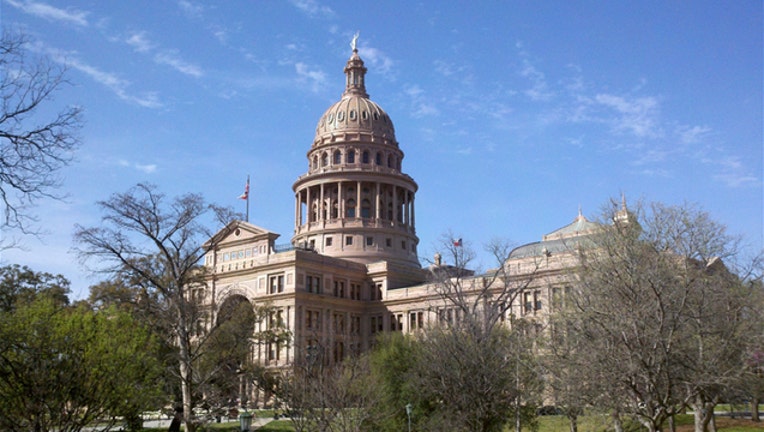Health program offers free birth control to more poor teens

AUSTIN, Texas (AP) — State officials say the consolidation of Texas health programs should help thousands of poor Texas teens get free access to birth control for the first time.
The new "Healthy Texas Women" initiative could expand low income teens' access to another 5,000 health providers, The Dallas Morning News reported Thursday.
Starting July 1, the program combines the Texas Women's Health Program and the Expanded Primary Health Care Program. Qualifying applicants must have incomes less than 200 percent of the federal poverty level of about $4,000 monthly for a family of four.
Parental consent is required for birth control. Teens enrolled in Medicaid, which is jointly funded by the state and federal governments, already can get free birth control from Medicaid-enrolled doctors without parental consent.
"We are hoping (that) by expanding the new Healthy Texas Women's Program to teenagers, we will see a decrease in the number of teen pregnancies," said Bryan Black, a spokesman for the Health and Human Services Commission.
Texas has the nation's fifth-highest teen birth rate and its highest rate of repeat teen pregnancies, according to the Centers for Disease Control and Prevention.
Dr. Janet Realini, chairwoman of the Texas Women's Healthcare Coalition, said the expanded access was a "good start," but that the parental consent requirement could still be barrier to reducing teen pregnancy.
"Parents worry that if kids have access, that will be a message that it's OK to have sex. But I don't think there's any evidence that that's really how things operate," Realini said.
Expanded access comes amid an effort to get sexually active teens to use long-acting reversible contraception known as LARCs.
Those include intrauterine devices and hormonal implants and are recommended by doctors because they are highly effective, can last up to 12 years, and remove the human error associated with birth control pills or condoms.
They are expensive, though, with some women paying $1,000 in-of-pocket expenses for LARC methods because their insurance plans don't cover the full cost.
Texas has 93 federally funded clinics offering free or low-cost birth control to minors without requiring parental consent. Within those clinics, about 1,500, or 8 percent of the minors seen, chose a LARC device in 2013.
While rules for the new program have yet to be set, the longer-lasting devices are likely to be included.
___
Information from: The Dallas Morning News, http://www.dallasnews.com

